Rest, Don’t Stress: 35+ Hacks To Make Bedtime More Productive
We all know that getting a good night’s sleep is vital to living a healthy and full life. After we drift off, our bodies are hard at work “cleaning up” after a long day. For example, our brains sort out short- and long-term memory and clear out toxins. However, it can be hard to get those elusive eight hours our bodies need. Heck, getting six hours straight can seem like a challenge at times.
If you don’t suffer from insomnia or other sleep-related conditions but you’re struggling with your sleep, we’ve got some good news for you. Sometimes all it takes is a tweak in your daily routine, or looking at bedtime a little differently, and you’ll find sleep refreshing once again. Read on to discover some clever sleep hacks that will help you get the most out of your sleep and wake up feeling refreshed and energized.
Try not to snooze
If you’re feeling tired upon waking, it might be from a too-early alarm that woke you up during your REM sleep. It’s not high-quality sleep, and oftentimes you may feel worse off waking up at this stage of your sleeping cycle. But don’t hit the snooze button!
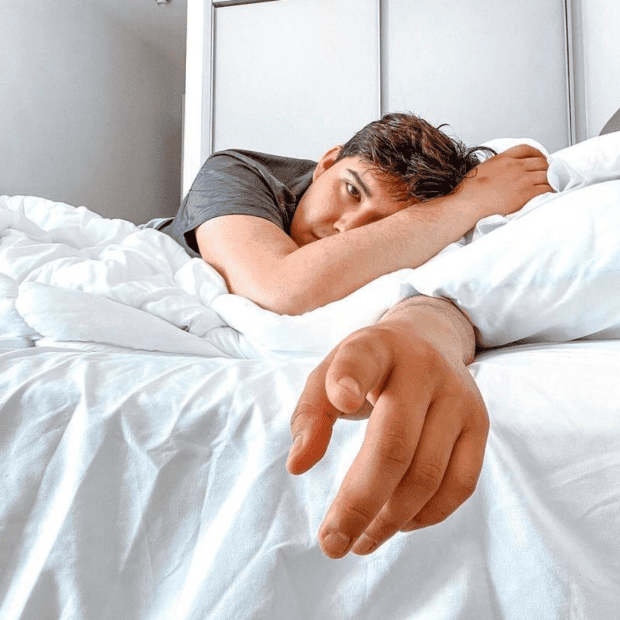
If this is a recurring issue, try setting your alarm a bit later, even if only by a few minutes. But if you’re still feeling sleepy, some self-discipline to not press the snooze button is important. The little bit of sleep you’ll get won’t be restful.
Yoga to the rescue
Yoga helps you prepare for a better night’s rest by slowing down the body and calming the mind. When the body is slowed down, the nervous system has a chance to rest and rejuvenate. This can be especially useful for people who have trouble falling asleep or staying asleep.
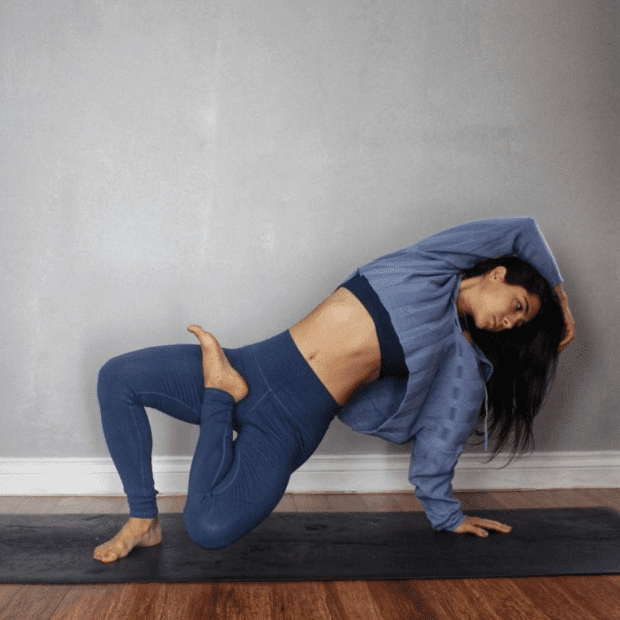
The practice of yoga also encourages mindfulness which can help you quiet your mind and ease you into sleep. In addition, certain poses are known to help release tension in the body and promote relaxation. You may try yoga, prayer, or mediation together to ensure good sleep.
Pick the right mattress
The importance of a comfortable mattress is easily overlooked. When you get a new one, you may realize that the old mattress may not be supportive enough and lead to backache and sleepless nights. Many people find the medium-firm mattress to be the best.

The right mattress will snuggle your body and provide pressure relief. If you have a good mattress, it will contour to your body and provide proper lumbar support. This can help alleviate existing back pain and prevent future injuries while also helping you sleep better.
The power of a cool room
The right cool temperature can help improve the quality of your sleep by helping to regulate your body’s natural sleep/wake cycle, also called your circadian rhythm. When you’re cool, your body releases the hormone melatonin, which helps you fall and stay asleep.

In addition, a cooler room can help keep your body from overheating during the night, which can lead to disturbed sleep. So keeping your bedroom at a cool temperature — between 60 and 67 degrees Fahrenheit — is one of the best ways to promote your sleep quality.
Sleep in a dark room
To get a good night’s sleep, close all light pathways, including windows and doors, before bedtime. This way, no light will enter in from outside or other brightly-lit rooms, which could disrupt your sleep patterns. You may also use thick curtains.
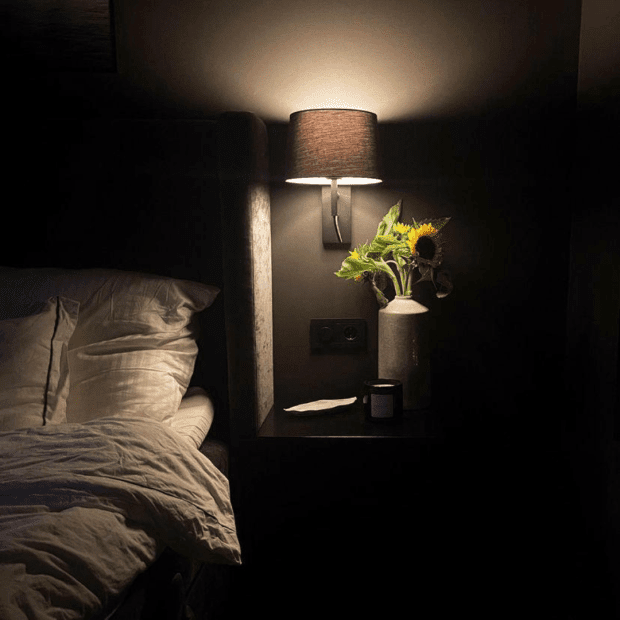
Even the digital clock emitting light can also hamper your sleep. If you cannot seal up all light sources in your room, consider using an eye mask to block out any uncomfortable blue or UV rays coming into contact with your eyes.
Try to quit smoking
One of the main benefits of quitting smoking is that it can help improve your sleep. This is because smoking can interfere with how your body relaxes and causes interruptions in your sleep patterns. Moreover, nicotine is a stimulant and may keep you awake for longer.

When you quit smoking, your body is able to relax more effectively, and you can enjoy a more restful sleep. In addition, quitting smoking can also reduce the risk of health problems that can cause sleep disruptions, such as chronic obstructive pulmonary disease (COPD).
Stay away from alcohol before hitting the hay
Alcohol consumption just before going to bed affects your sleep quality. Yes, it may help you fall asleep faster, but not for long. The sedative effect spreads all over the body and may interfere with breathing, leading to more frequent wakeups.

Alcohol consumption just before going to bed also causes dehydration, and you are likely to feel lousy the next day. So, do not drink alcohol within three hours of bedtime for a good night’s sleep. Gulp down a glass of water with your dinner instead.
Try white noise
If your room is too quiet, every sound may appear to be louder. Even a pin drop, if you’ll forgive the cliche, could be loud enough to wake you up. Therefore, having a very quiet room should be the last thing you consider for a sound sleep.
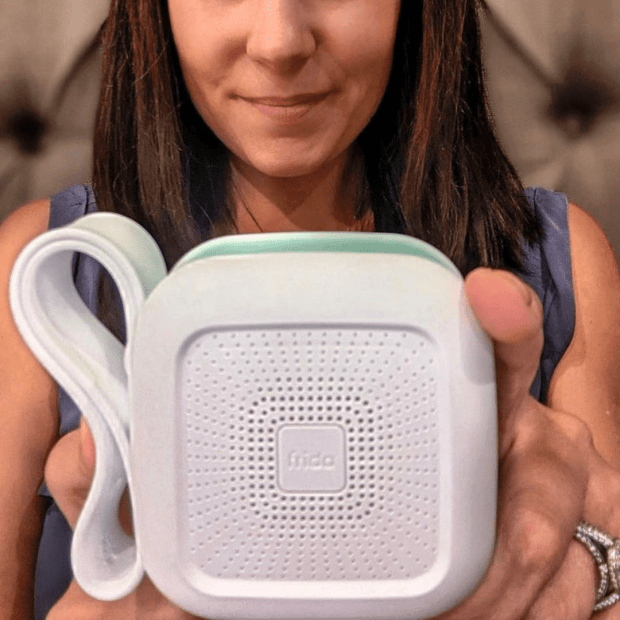
To prevent this pin-drop silence, you may turn to white noise or pink noise for help. These sounds act as a buffer for all other noises and absorb them. Even when there is noise outside, you’ll be able to sleep well in the white noise.
Put on some fuzzy socks
There’s a special cozy feeling that comes with putting on a pair of fuzzy socks. Not only will they ensure your feet are warm, but they also help you relax and get a good night’s sleep. Some people say that wearing fuzzy socks helps increase blood circulation, which in turn promotes better sleep.
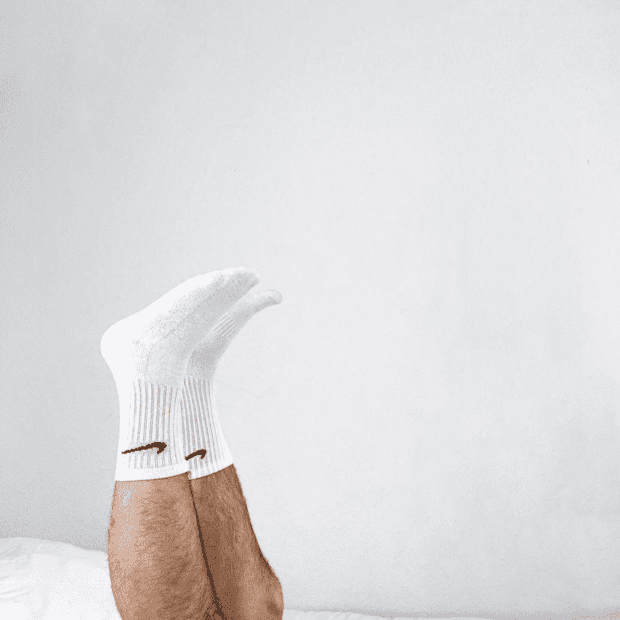
Others believe that the extra warmth provided by fuzzy socks helps to ease tension and muscle soreness, making it easier to fall asleep. Whatever the reason, there’s no doubt that fuzzy socks are one of the best things you can wear to bed.
No gadget rule
Turning off gadgets an hour before bed helps in sleeping because it allows your brain to wind down and prepare for sleep. When you’re constantly stimulated by screens and bright lights, your brain has a harder time transitioning into sleep mode.
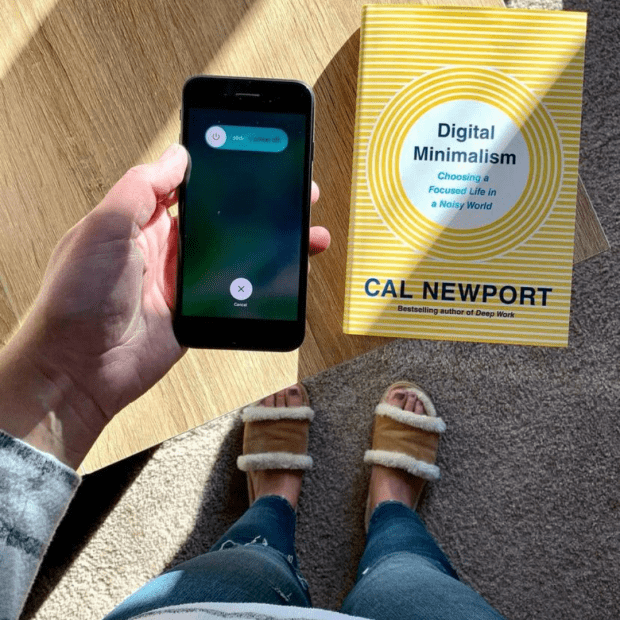
So allow yourself a few hours to relax and unplug before bedtime! Cutting out gadgets an hour before bedtime can help create a more peaceful environment that’s conducive to falling asleep quickly and sleeping soundly. This will also keep anxiety away, which may cause sleepless nights.
Prevent too much snoring
Controlling snoring can help improve sleep quality. It can help prevent interruption of breathing during sleep (apnea), which can lead to restless nights and daytime fatigue. Besides, keeping the airway open can help reduce loudness and duration of snoring, making it less likely to disturb a bed partner.
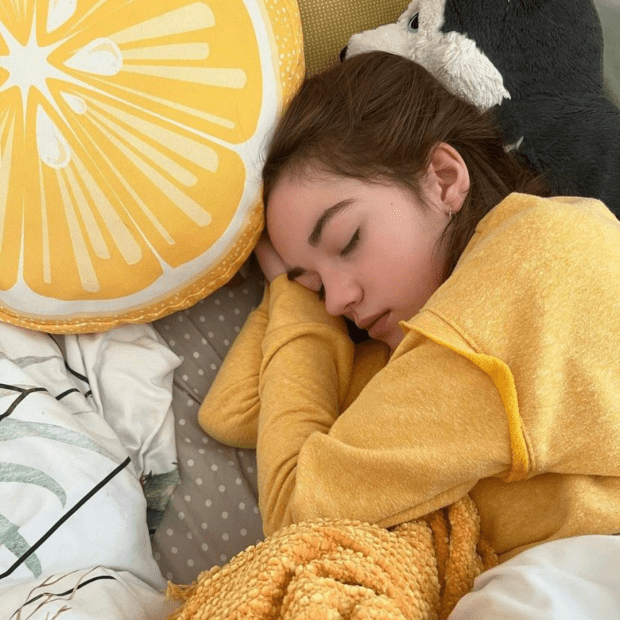
If you suffer from disruptive snores, try sleeping on your side instead of on your back. This may help reduce the loud snores that keep you and your partner awake. Apart from this, try to consume less alcohol and caffeine.
Work through the day mentally
If you are anxious about the next day, your thoughts may not allow you to calm down before bed. Moreover, a big event may add to this anxiety, resulting in a lack of rest and sleep. A better and more efficient way to get rid of these thoughts is to plan well in advance.

You may do this by creating a to-do list or simply writing all the things on paper for you to wake up prepared. This way, these things won’t run in your mind when you try to sleep. Your brain will feel relaxed enough to fall asleep quickly.
Quiet bedroom is the key
You may be tossing too much in bed due to the noise of a ticking clock, leaky taps, loud neighbors, or a snoring partner. It is best to remove clocks from the room and shut the windows to reduce noise.
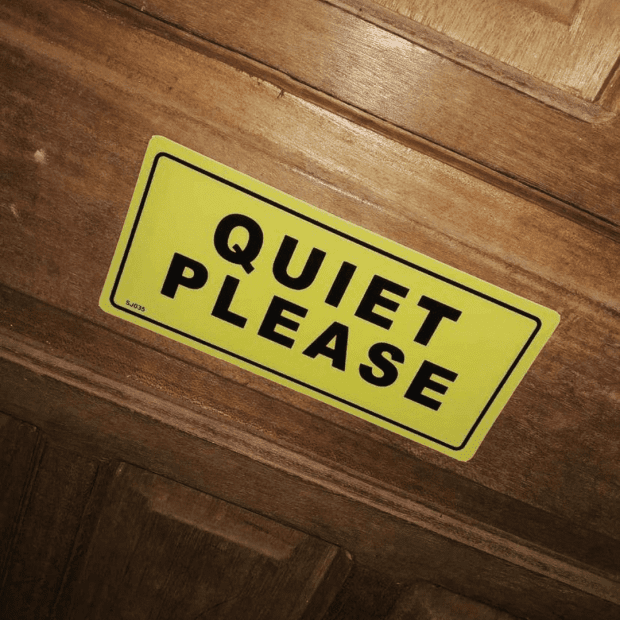
This will reduce the disturbance throughout the night as it can be difficult to find peace and quiet with them in the room. For those who need their sleep more than anything else in life — or just want some extra rest time during the day — there’s another easy solution: earplugs!
Exercise your body every day
When you train, your body releases endorphins that can help reduce stress and alleviate pain. You also get more slow-wave sleep which is critical for rejuvenating yourself after a long day of work or play. This raises core body temperature as well.

There is scientific evidence showing that exercising regularly improves your sleep quality, and helps you doze off faster. Adding just half an hour of physical activity to your day can make all the difference in how well and deeply you sleep.
Set a sleep reminder
The last thing you want to do is stay up past your typical bedtime, only for it to turn into an all-nighter. This will make getting ready and starting your day feel like more of a hassle when you wake up in the morning.
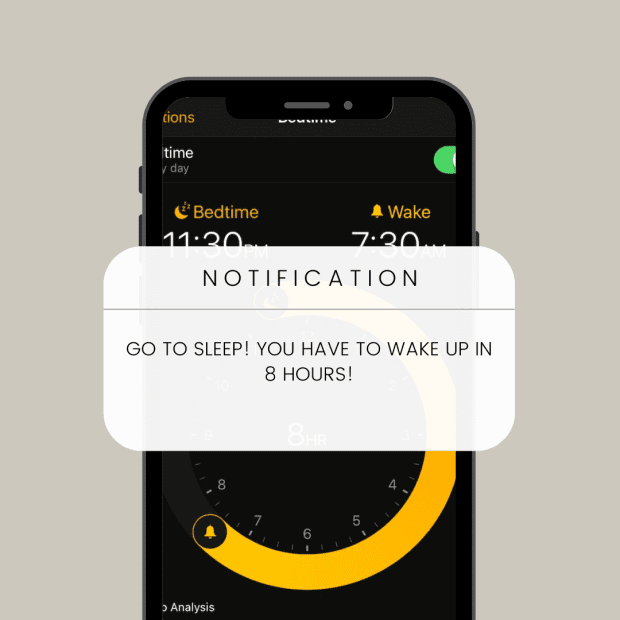
The best way to ensure you get to bed on time is to set an alarm to remind yourself when to go to bed. This will prepare your mind to start winding down so you can stop doing any intense activities that may prevent you from sleeping.
Don’t exercise before bedtime
As we said before, exercise can help with your sleep. But doing so a few hours before bedtime might not be the best idea for better sleep. Exercise increases your energy and alertness, which is not conducive to falling asleep.

Second, exercise raises body temperature, which may make it difficult to sleep comfortably. Third, endorphins released during exercise can also interfere with sleep. Try switching your daily workouts to the morning and get those endorphins flowing at the start of your day!
Reduce fluid intake before bed
There are a few reasons why stopping liquid intake before bed can improve sleep quality. The most obvious reason is the potentially frequent trips to the toilet during the night, which may disrupt sleep. In addition, the process of digesting liquids takes up energy and can disrupt sleep patterns.

Finally, consuming too much liquid before bed can lead to discomfort and feeling bloated, which may make it challenging to get comfortable and fall asleep. So if you’re looking to get a better night’s sleep, it’s probably best to avoid drinking anything for a few hours before hitting the pillow.
Pick tranquil colors for the bedroom
There are a few reasons why you might want to paint your bedroom walls in tranquil colors. For one, these colors can help promote a sense of calm and relaxation, which is ideal for positive mental health and ideal for getting a good night’s sleep.
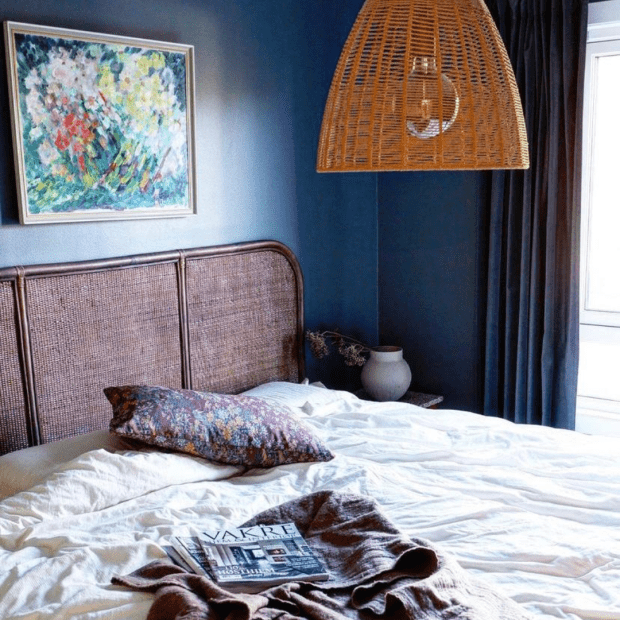
Another benefit of using tranquil colors in the bedroom is that they can help create an environment that is conducive to rest. This is especially crucial if you suffer from sleep-related issues. Surrounded by calm colors will make you feel safer and fall asleep quicker.
Don’t let your pets in your bedroom (at bedtime)
As fun as it is to cuddle with your fur buddy, it decreases your sleep quality. You move three times more than usual when a pet sleeps with you and there is a 4% higher possibility of you staying awake with him beside you.

Anything from the sound of your pet’s purring or their tails wagging can keep you up. Play with them in the living room, put them to sleep in their designated area and then move to your bedroom to sleep at night.
Consider going to therapy
For anyone with insomnia, therapy can help you sleep better at night by helping to identify and address the root causes of the disorder. While this doesn’t work for everyone, it can be a good starting point, especially if you find yourself stressed and anxious during waking hours.

Therapy can provide strategies for improving sleep habits and dealing with factors that may be contributing to insomnia. It can also help to improve communication between partners, which can sometimes lead to improved sleep quality. Ultimately, therapy can help people learn how to get the most out of their sleep time.
Use separate comforters or blankets
If you share your bed with someone, you may think it makes sense to just use one big blanket that covers both of you. After all, it’s the most efficient way to prepare the bed, right? But using separate blankets can actually help you sleep better at night.
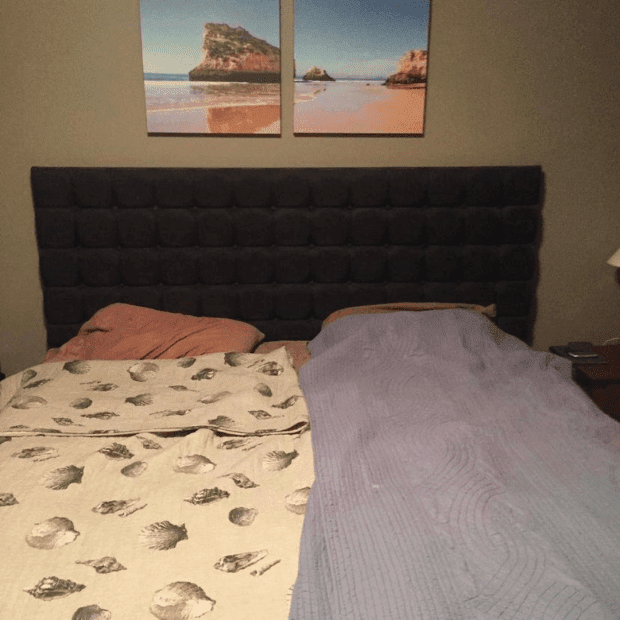
When you share a blanket with someone else, it can often end up bunched up. This may lead to uncomfortable nights of trying to rearrange the blanket while your partner is asleep. Separate blankets mean each person can have their own perfect covers and the right temperature regulation.
Nap to reboot
Naps help you feel rested and sleep better at night because they allow you to catch up on some of the sleep that you missed during the day. Most people need between 7 and 8 hours of sleep per night in order to feel rested and function at their best during the day.

However, many people don’t get enough sleep, and it may lead to problems like fatigue, irritability, poor concentration, and difficulty making decisions. A short nap of 20-30 minutes can improve alertness, cognitive performance, and mood; offsetting the negative effects of restless sleep.
Keep sleep apnea in check
Sleep apnea, a medical disorder that causes disruptions in your breathing pattern when you’re asleep, can impact the quality of your sleep. This is not something you can self-diagnose, and can only be confirmed with a visit to your doctor.
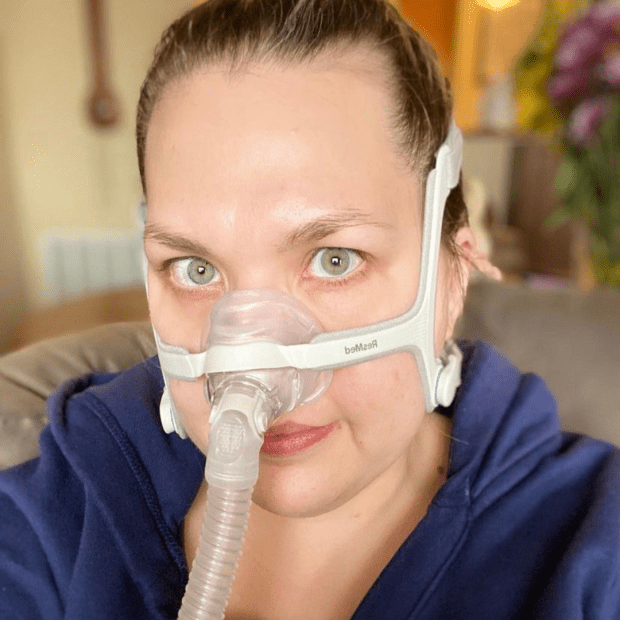
By checking for sleep apnea, you can take steps to ensure that your breathing is regulated and that you’re able to get a good night’s rest. You may get a CPAP machine if you have sleep apnea to alleviate these symptoms.
Increase the temperature
A hot bath right before bed helps you sleep better because it causes your core body temperature to drop, which in turn makes it easier for you to fall and stay asleep. A hot bath may also relax your muscles if you are sore and tired.
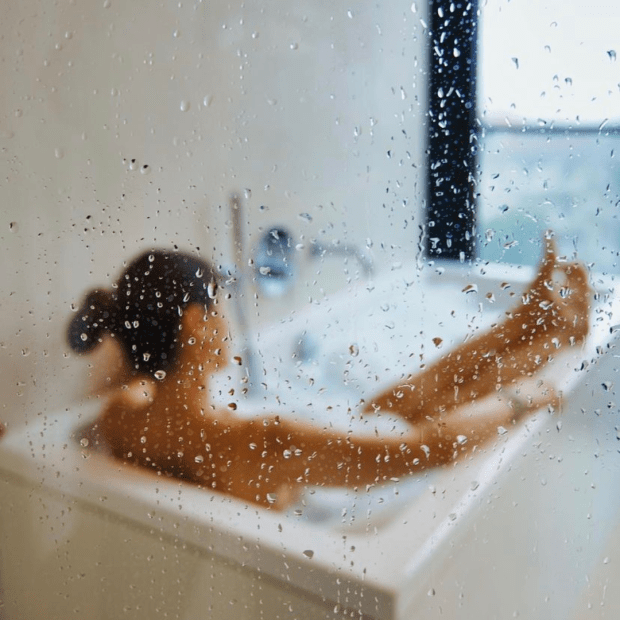
When the core body temperature drops, it signals the brain that it’s time to wind down and go to sleep. So a hot bath before bed may help you fall asleep faster and get a deeper, more restful sleep after a long tiring day.
Don’t stay in bed all day
Sure, a little light reading before bed may help you doze off sooner. However, if you do it in bed, you may not get sleepy and just feel exhausted, instead. Besides, it’s best to limit bed activities to sleeping and cuddling.
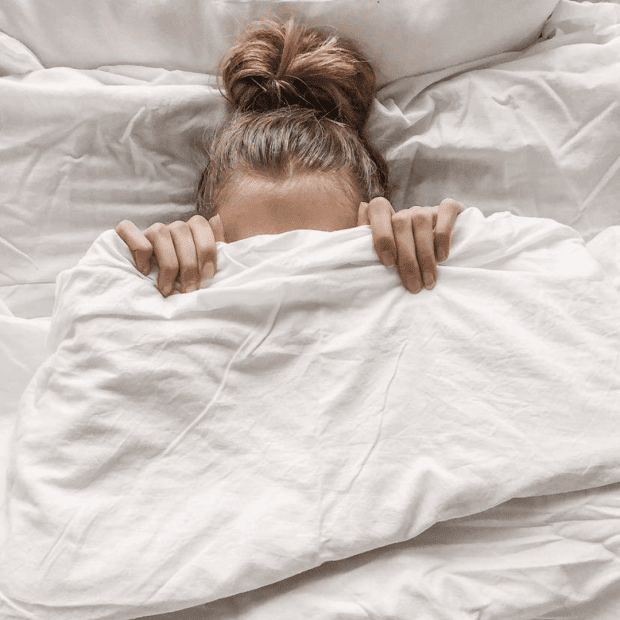
Avoid doing anything else on the bed, spending too much time in the bed throughout the day. For the best results, opt for lighter reading before going to sleep and do so on your favorite spot on the couch or chair instead!
Pen down your thoughts
Writing down your feelings, thoughts, and worries can help you clear your head and calm down, which may help to achieve a more restful night’s sleep. Additionally, taking the time to write in a journal every night can help you track your sleeping habits.

Journaling may allow you to see how different activities (or lack thereof) might be affecting your ability to get a good night’s sleep. Plus, writing in a journal is a form of relaxation and self-care that can help you wind down before bedtime.
Progressive muscle relaxation
Progressive muscle relaxation is a simple technique that can help you to fall asleep more quickly and sleep more soundly. This technique includes systematically tensing and then relaxing different muscle groups in your body. When done correctly, progressive muscle relaxation can be a very calming experience.

Better sleep may help in preventing health problems, including obesity, heart disease, and diabetes. Getting enough good quality sleep is essential for maintaining your health and well-being. If you’re having issues sleeping at night, try practicing progressive muscle relaxation before bedtime.
Stress won’t help you sleep
If you stress too much about getting to sleep, you may keep your brain too consumed by those thoughts, keeping you awake longer. You don’t need to ignore that you’re trying to sleep, but don’t keep track of every minute that passes until you drift off.

If you stress about sleeping, address the anxiety that arises from delayed sleep. Try drinking chamomile tea to relax one hour before bed. Do activities that bring calmness to your mind. Besides that, try using soft lighting in your bedroom.
Visualization to sleep better
It helps some people to sleep better at night by picturing themselves in a calm scenario, such as lying on a beach or in a quiet forest. This visualization of peace and tranquility can help the mind to relax and drift off to sleep.

It’s also helpful to avoid watching television or working on the computer right before bed, as the bright light and stimulating content can keep the mind active and awake. Using the visualization method will be sleep-inducing for the brain without too much exhaustion.
Get out of the bed
Staying in bed for hours even when you get no sleep may be a bad idea. It may cause an extreme level of stress and will not help you sleep in any way. If you fail to sleep for a long time, it’s better to get out of bed and do something calming.

Just stay away from screens or anything else than might be stimulating for your brain. You may listen to calming music or read something by dim lighting. After this, climb back into the bed and try to fall asleep. Your brain and body will have a reset to try to fall asleep.
Sleep outdoors
You may be deprived of natural light and air if you stay indoors too much. Going camping or sleeping outside may reset your circadian rhythm and restore your natural sleep cycle. Being outside will provide optimal quality of sleep to your body.

When you watch sunrise and sunset outside and are in sync with the natural daylight, your body and brain will produce the right amount of melatonin to help you doze off early at night. Moreover, camping outside may also add relaxation and peace.
Soak in the sun
Exposure to sunlight helps set our internal clocks and synchronize our circadian rhythms with the natural light-dark cycle. This helps regulate the sleep-wake cycle, hormone production, and other physiological processes that play a role in sleep. For example, sunlight stimulates the production of serotonin and melatonin.
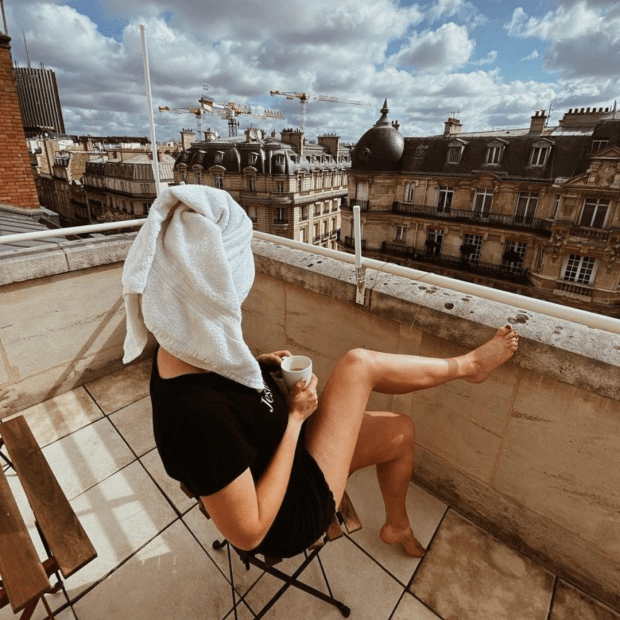
Serotonin is a neurotransmitter that has antidepressant effects and promotes better sleep. Sunlight also helps keep us on track by triggering the production of melatonin, which makes us sleepy. Sunlight also helps increase vitamin D levels, which is known to be beneficial for sleep quality.
Time for a bedtime story
Bedtime stories are not just for kids. They may also help adults sleep, too. In addition, they may prevent you from using your phone as a distraction at night. You may try reading a fantasy story that is calming and intriguing.

Keep the story short so that your tired brain doesn’t need to work overtime to follow a complex plot. You may choose from niche topics such as sci-fi, mystery, or romance. These fictional stories will just like calming dreams to your brain and prepare you to sleep.
Get a new pillow
A new pillow can help you sleep better at night because it provides the necessary support for your head and neck. When you’re sleeping on an old pillow, it becomes lumpy and flat, which can lead to pain in your neck and shoulders.
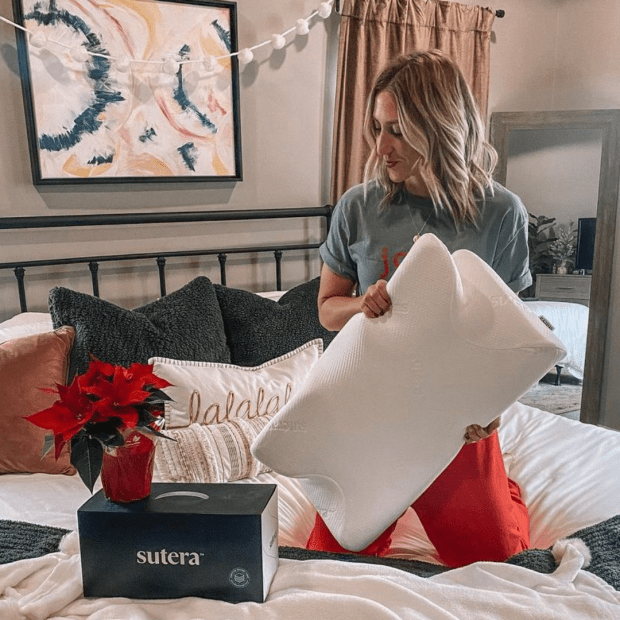
Moreover, your old pillow may have dust mites that may lead to allergies or have other irritants that cause your skin to break out. By getting a new pillow, you’re giving yourself the best chance to get a good night’s sleep without any pain or discomfort.
Master headstand
Doing headstands is a great way to relieve stress and tension in the body, which can lead to better sleep at night. Headstands help to increase blood flow to the brain and allow the body to release endorphins, which have calming and pain-relieving effects.
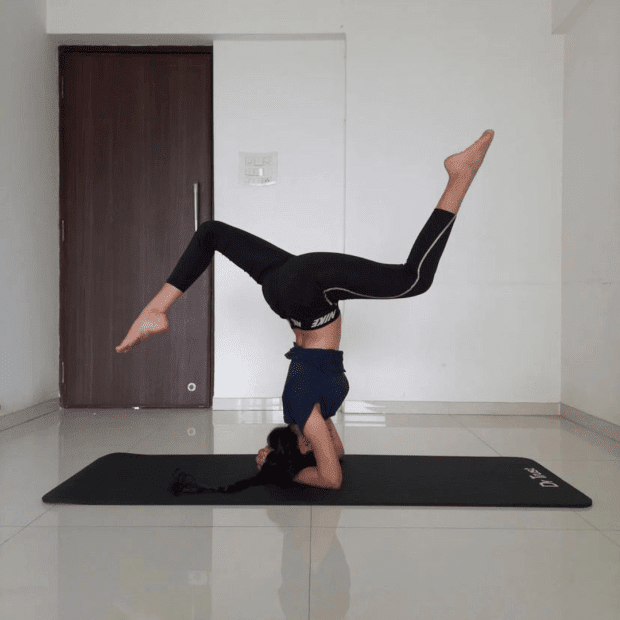
Headstands detoxify the adrenal glands, promoting deep relaxation of the brain and the body. As a bonus, it can aid in dismissing negative thoughts. Additionally, headstands help to lengthen and stretch the spine, which can improve posture and alleviate back pain.
Avoid caffeine post afternoon
Most people find that caffeine disrupts their sleep because it stimulates the nervous system and keeps them from getting into the restorative stages of sleep. Caffeine also stays in your bloodstream for a long time. So if you drink coffee late in the day, it can still affect you when you go to bed.

One way to avoid caffeine’s disruptive effects on sleep is to avoid drinking it in the afternoon. This will offer your body enough time to metabolize the caffeine before bedtime. If you prefer a cup of tea at night, make sure it’s caffeine-free!
Say no to late-night heavy dinner
Eating a large dinner is common in many households. However, eating spicy or heavy foods (especially protein) can also have an adverse effect on your ability to fall asleep easily. On top of that, it can lead to poor digestion.

The muscles that help break down and metabolize food have a lot more work to do when they should be resting. This can hold back falling asleep and give you the deep stages needed for full-body restoration. So, avoid eating before bed altogether or opt for lighter fare.
Try deep breathing
Most people think of deep breathing as helpful for managing stress, which is definitely true, but deep breathing can also be helpful for improving sleep. When you’re stressed out, your body is in “fight or flight” mode, and your nervous system is in overdrive.
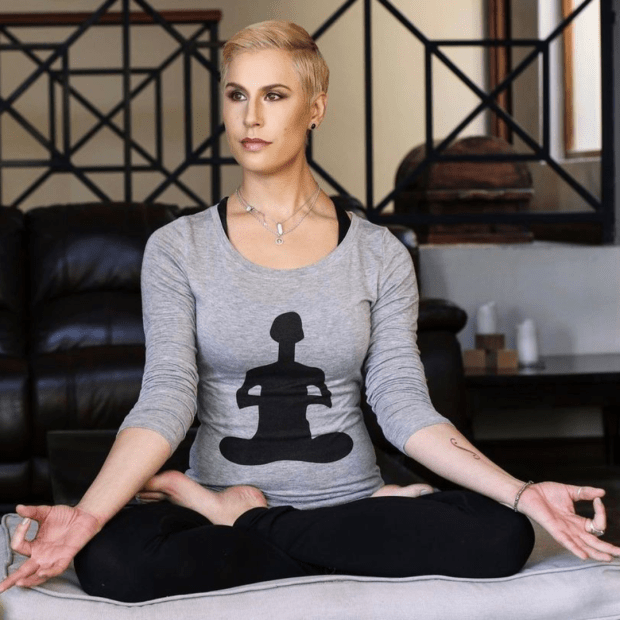
This may prevent you from falling asleep and lead to poor sleep quality. Deep breathing helps to calm the nervous system and promote relaxation. It also aids in oxygenation of the body and mind, which can be helpful for promoting better sleep.
Take help from calming scents
Aromatherapy is known to help improve sleep quality thanks to its ability to relieve stress and anxiety. When used before bed, the calming scent of lavender can help you feel more relaxed and promote better sleep. Chamomile and lemon balm are also good choices for nighttime use.
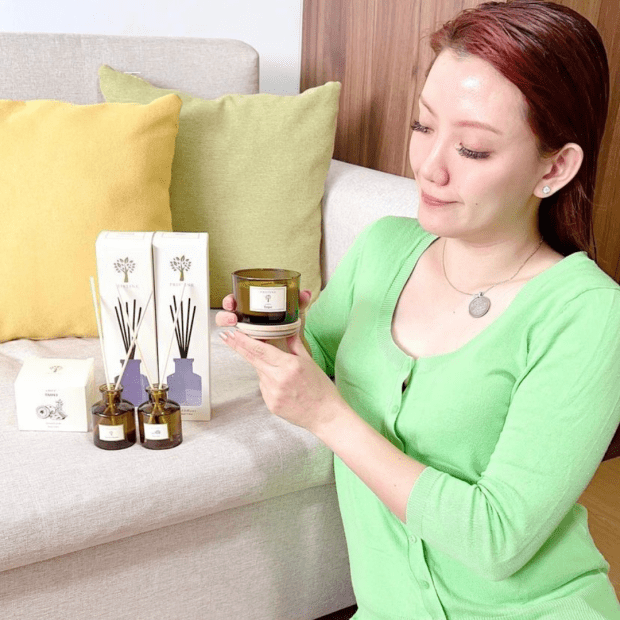
Using an aromatherapy diffuser with any of these essential oils can help create a relaxing environment that promotes better sleep. You may also add 4-6 drops of oil to your pillows or bed linens if you don’t have a diffuser.
Have a consistent sleep routine
It’s much easier to feel relaxed and fall asleep when your body knows what to expect. Sleeping and waking up at the same time every day signals your body that it’s time for bed, and this routine will help you get a good night’s sleep.

If you have trouble falling asleep or staying asleep, try going to bed and waking up at the same time every day for a week. You may be surprised how well this simple change can help improve your sleep quality.
